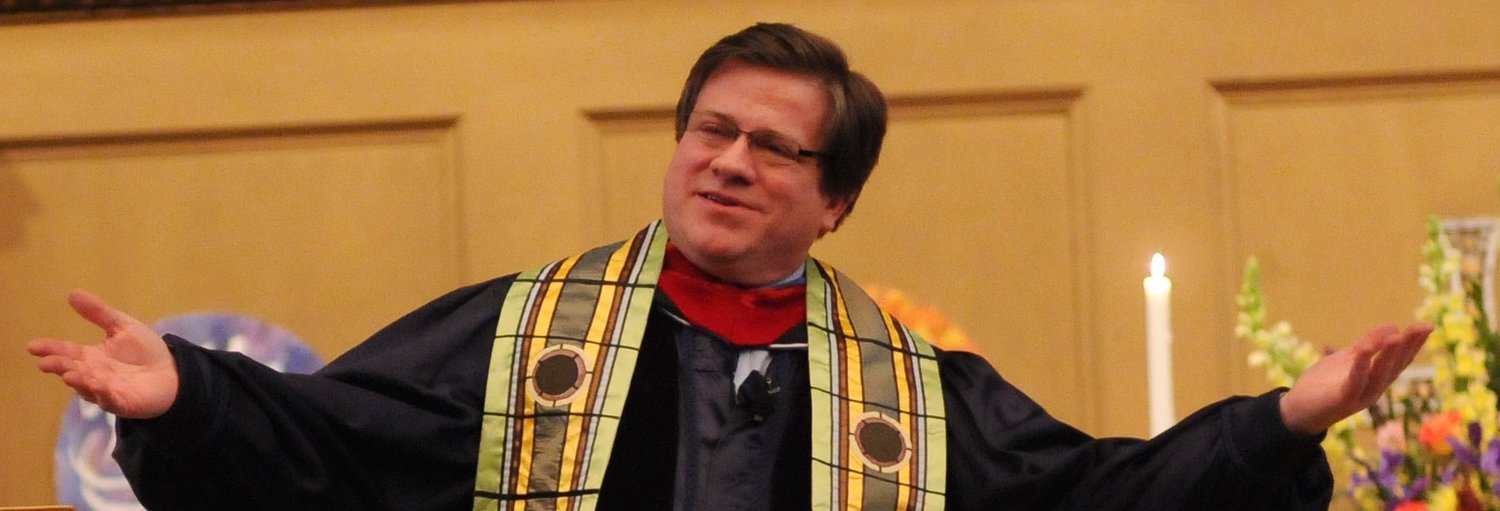Unitarian Universalism's Strength in Public Theology
A religion based in "deeds not creeds" must develop its sense of what behaviors constitute the practice of faith. Unitarian Universalist theologian James Later Adams asserted "the prophethood of all believers" and argued that our ethics are not abstract, but embodied in voluntary association. Universalist theologian Clarence Russell Skinner examined the social implications of Universalism and argued that Universalism calls us to move from "the partialisms" of parochial, tribal and nationalistic thought and to move toward "the greatness" of universalism that builds bridges across divisions in the human species. Our story as a people has been to engage the social order with the aim of bettering the conditions under which we all live.
I see building a public theology as essential both in the congregation and as we speak and act in the world. Thus below are expressions of a public theology: a meditation shared with a national faith-based community organizing network in preparation for elections; an opinion piece published in a noteworthy newspaper; and a speech delivered in a few congregations and at a regional social justice conference.
